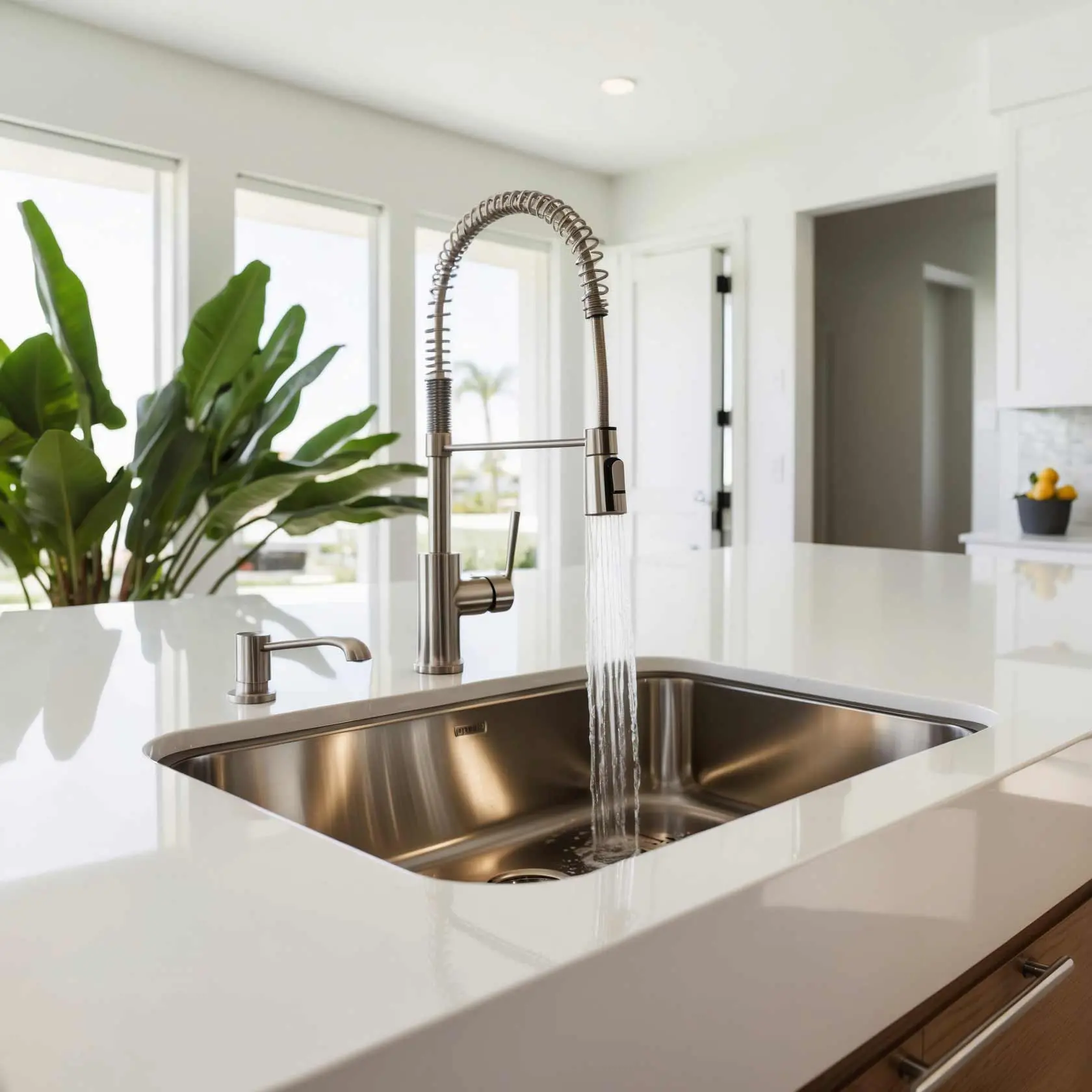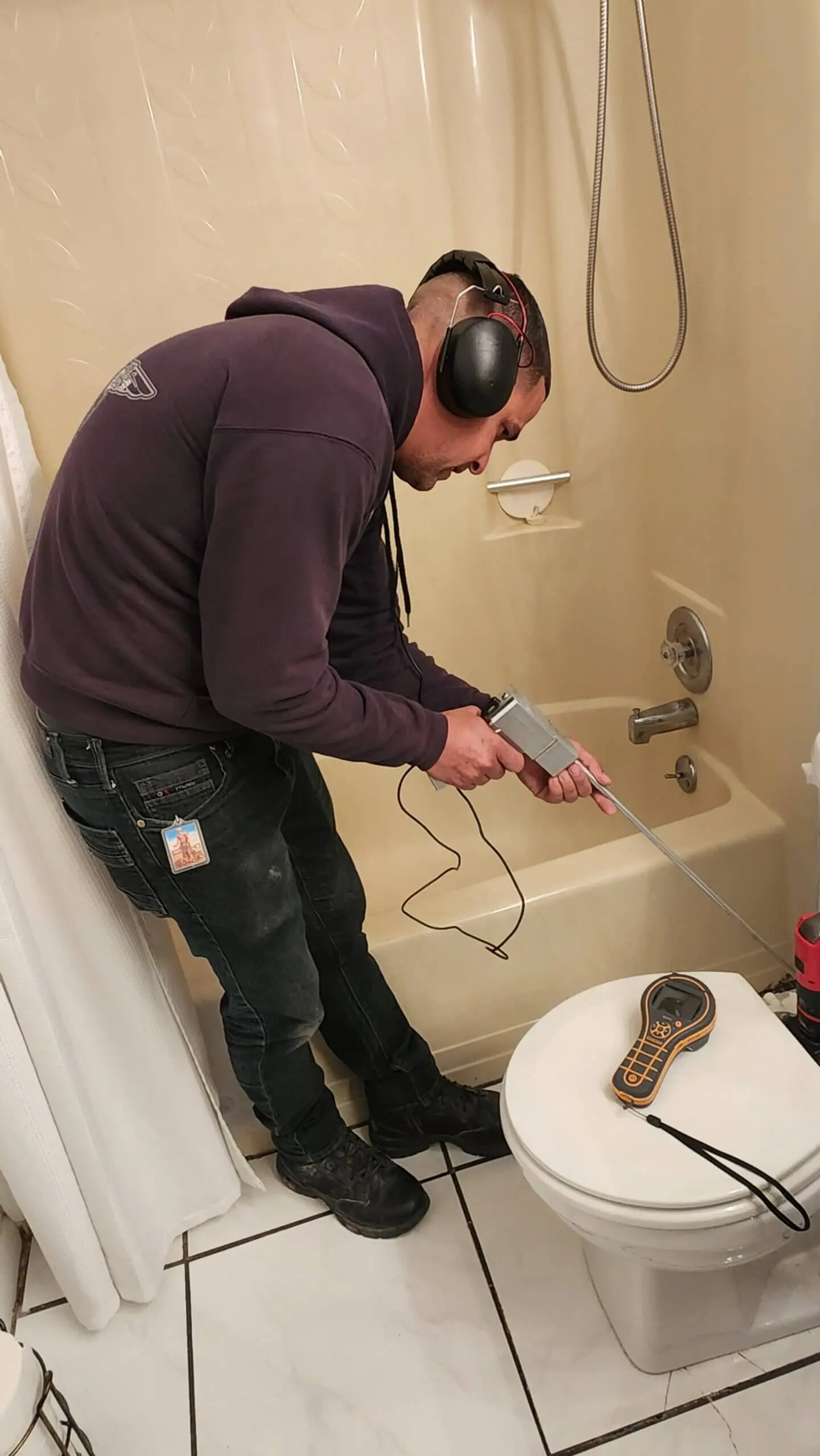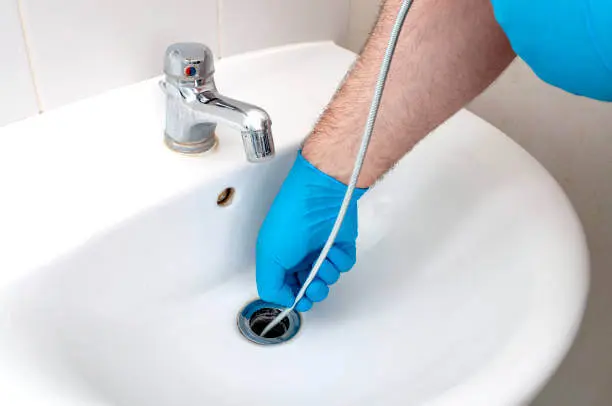Do Plumbers Deal With Mold? When to Call a Plumber and What to Expect
Introduction
Every homeowner knows that plumbing issues can strike at any moment, often when you least expect it. Whether it's a sudden burst pipe that transforms your kitchen into a swimming pool or the slow creep of mold that threatens the integrity of your home, knowing when to call a plumber can save you time, money, and headaches. In this in-depth guide, we'll explore everything from identifying common plumbing problems to understanding what you can expect when you finally pick up the phone and call for help.
So grab a cup of coffee, settle in, and let's dive into the world of plumbing—from burst pipes to mold issues!
From Burst Pipes to Mold Issues: When to Call a Plumber and What to Expect
Understanding Common Plumbing Problems
Burst Pipes: The Unexpected Flood
Imagine waking up in the middle of the night only to find water gushing from underneath your sink. Yikes! Burst pipes can cause significant damage if not addressed quickly. But how do they happen? Well, there are several reasons:
- Freezing Temperatures: When water freezes inside pipes, it expands. This can lead to cracks or even complete ruptures.
- Corrosion: Old pipes may deteriorate due to rust or mineral buildup.
- High Water Pressure: Excessive pressure can stress your plumbing system.
What should you do? As soon as you notice signs of a burst pipe (like strange sounds or unexpected moisture), it's time to call an emergency plumber.
Leaky Faucets: A Drip That Adds Up
A leaky faucet might seem like a minor annoyance, but over time, those little drips can add up—both in wasted water and increased bills! But when is it serious enough to call in the pros?
- If the leak is constant and doesn’t stop with simple repairs.
- If there's visible corrosion around the faucet base.
Calling in an expert early can prevent more extensive repairs down the line.

Identifying Mold Issues Related to Plumbing
The Silent Threat of Mold Growth
Have you ever noticed that musty smell lurking in your bathroom? It could be mold—a sneaky intruder often caused by plumbing leaks. Here’s what you need to know:
- Discoloration on walls or ceilings
- A damp smell
- Allergic reactions among household members
So when should you call a plumber regarding mold? If you suspect your plumbing is causing moisture build-up, don’t wait until it becomes a full-blown problem.
When Is It Time To Call An Emergency Plumber?
Recognizing Urgency in Plumbing Issues
Sometimes your regular handyman won’t cut it; that's where an emergency plumber comes into play. So how do you know when it's time?
In cases like these, waiting could lead to more extensive damage or health concerns.
What To Expect When You Call A Plumber
Initial Consultation Over The Phone
When you first reach out, expect them to ask questions about your issue:
- What's happening?
- How long has this been going on?
- Have there been any related problems?
This information helps them determine whether they need an emergency visit or if it can wait until regular hours.
On-Site Assessment and Diagnosis
Once they arrive, they'll conduct an assessment:
Don't hesitate to ask lots of questions during this process—after all, you're investing in your home!
Common Plumbing Repairs You Might Encounter
Pipe Repair & Replacement
If you've got damaged pipes due to leaks or corrosion, here's what happens next:
- They’ll assess which sections need repair vs replacement.
- Often involves cutting into walls or floors for access.
Keep in mind that replacing old piping with new materials can save money long-term due to improved efficiency!
Fixture Installation & Repair
Whether it's sinks or toilets, plumbers handle installation and repairs:
- They'll ensure everything fits correctly.
- Check for leaks after installation before leaving.
This attention-to-detail ensures that everything functions as intended—no more surprises!
FAQ Section
1. How do I know if I have a plumbing emergency?
A plumbing emergency usually involves uncontrollable leaks, sewage backups, or gas leaks. If you're unsure but feel concerned about potential damage or health hazards, it's best to err on the side of caution and call an emergency plumber.
2. What should I do before the plumber arrives?
Try turning off the main water supply if there's significant leakage! Also clear any obstacles around affected areas—it helps speed up their assessment process.
3. Will my insurance cover plumbing emergencies?
While many homeowners' policies cover certain types of water damage caused by plumbing failures, specifics vary by policy type! It's always wise to check with your insurance provider beforehand for clarity on coverage limits related specifically towards emergencies like flooding from burst pipes.

4. How much does hiring an emergency plumber cost?
Costs vary widely based on location and severity; however typical rates range anywhere between $100-$300 per hour plus additional fees for parts needed—especially if it’s after normal business hours!

5. Can I fix minor leaks myself?
For very minor issues like tape-sealed joints or replacing washers within faucets yes—but anything more complicated should ideally be left up professionals who have experience handling such situations effectively without risking further damage!
6. What maintenance tips can help prevent future issues?
Regularly inspect visible piping for signs wear & tear; ensure proper ventilation throughout bathrooms/kitchens where humidity builds up easily; clean gutters regularly so rain runoff doesn't seep indoors through foundation cracks!
Conclusion
Plumbing may not be something most people think about daily but trust us—it’s crucial! From burst pipes causing chaos at home all way through dealing with pesky mold issues brought forth by undetected leaks knowing when/how/what kinds of services available ensures both peace-of-mind & protects investments made into properties over years ahead down road mold remediation too!
So next time trouble strikes don’t hesitate—call that emergency plumber right away! Your future self will thank ya later!